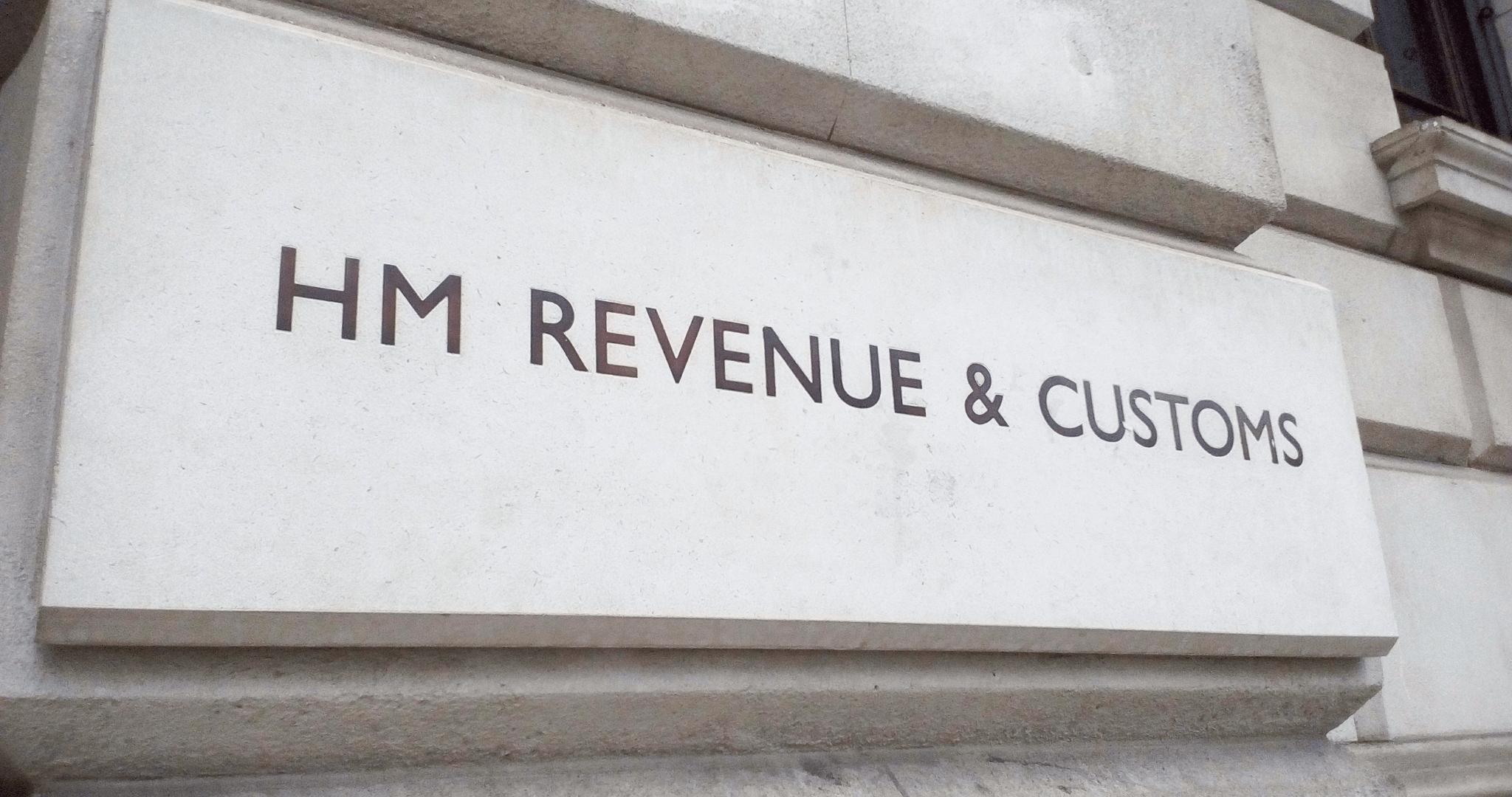HMRC Sharpens Focus on the Hot Food Sector
Posted by Emily on 14th Dec 2023
The HM Revenue & Customs (HMRC) has launched a targeted VAT compliance campaign focusing on the hot food and catering industry. This move aligns with HMRC's strategy of periodically concentrating on specific sectors to ensure tax accuracy and compliance.

In a notable shift from previous approaches, HMRC directly contacts accountants representing hot food traders rather than the traders themselves. This campaign comes after HMRC identified approximately 4,000 traders suspected of under-reporting sales. Around 500 accountants linked to these traders are being approached by HMRC.
The Institute of Chartered Accountants in England and Wales (ICAEW) has disclosed a copy of the letter sent to these selected accountants. The letter emphasises the need for accountants in the hot food sector to remind their clients to report all sales accurately. HMRC highlights its use of data from card payment providers and online food order and delivery services, which aids in verifying the accuracy of tax returns.
This initiative suggests that HMRC is scrutinising data from popular food delivery platforms like Uber Eats, Just Eat, and Deliveroo and is finding inconsistencies between this data and the VAT returns filed by businesses.
Guidance for accountants
Accountants receiving this letter from HMRC should consider it a serious matter. HMRC is offering to provide a redacted list of potentially non-compliant taxpayers upon request. While potentially cumbersome, this step is designed to mitigate data protection and GDPR concerns, considering that some accountants might no longer represent the listed taxpayers.
Beyond VAT implications, any underreporting could affect corporation or sole trader tax obligations. Accountants are advised to ensure their clients' systems are robust and accurate and to investigate historical issues or under-declarations. For VAT discrepancies, a VAT652 voluntary disclosure is recommended. Corrections for other taxes should follow standard amendment procedures.
Even if accountants have no immediate concerns about their clients' compliance, conducting a thorough review of future tax returns could be beneficial to ensure ongoing compliance and offer added value to their services.

Potential Challenges in Delivery Transactions
A lot can potentially – and innocently – go wrong with delivery transactions.
- The sales data often comes in different formats depending on which delivery firm is involved; most takeaways will use more than one delivery firm to increase their sales. The accountant or bookkeeper may need direct access to the delivery firm's portal and rely upon the client to download and export the appropriate data.
- Where the trader is VAT-registered, it is down to the trader to accurately upload their menu to the delivery firm's websites and identify which items are standard or zero-rated (pizza and a side salad, for example). If the trader has done this manually, it may mean their in-store tills correctly record VAT, but their online ordering needs to be.
- Sales data will usually be gross, it should identify if the sale is zero-rated or not, but there will be pages of sales data, and errors may not be easily spotted.
- The sales data may not always match the payment received; the delivery firm will deduct its fees/charges before depositing the remaining funds to the client's bank account. A trader might operate on a pure cash-in-bank basis when declaring their sales. This is a risk because the money received from the delivery firm is net of fees; thus, if a trader uses the received funds to calculate their VAT liability (1/6th of the receipts), they'll be understating their sales and output tax.
- The trader may have a bank account just for the delivery sales, perhaps to reduce bank/card fees. Preparing the VAT return may accidentally exclude this additional bank account and the takings not being declared on the VAT return.
- The trader could, of course, be trying to intentionally avoid VAT by under-declaring their sales, and this can be difficult for a bookkeeper or accountant to spot.
HMRC's Broader Compliance Campaigns
This campaign is separate but connected to HMRC's wider efforts against electronic sales suppression, a practice involving illegal software that manipulates sales records to evade tax liabilities.
Conclusion
HMRC's approach in this campaign underscores the critical role of accountants in maintaining a balanced relationship between taxpayers and the tax authority. While HMRC's digital advancements have sometimes marginalised the role of accountants, this initiative indicates a recognition of their integral role in ensuring tax compliance.
How do you perceive HMRC's approach in targeting the hot food sector, and what impact do you think it will have on accountants and businesses? Please share your thoughts in the comments below.

